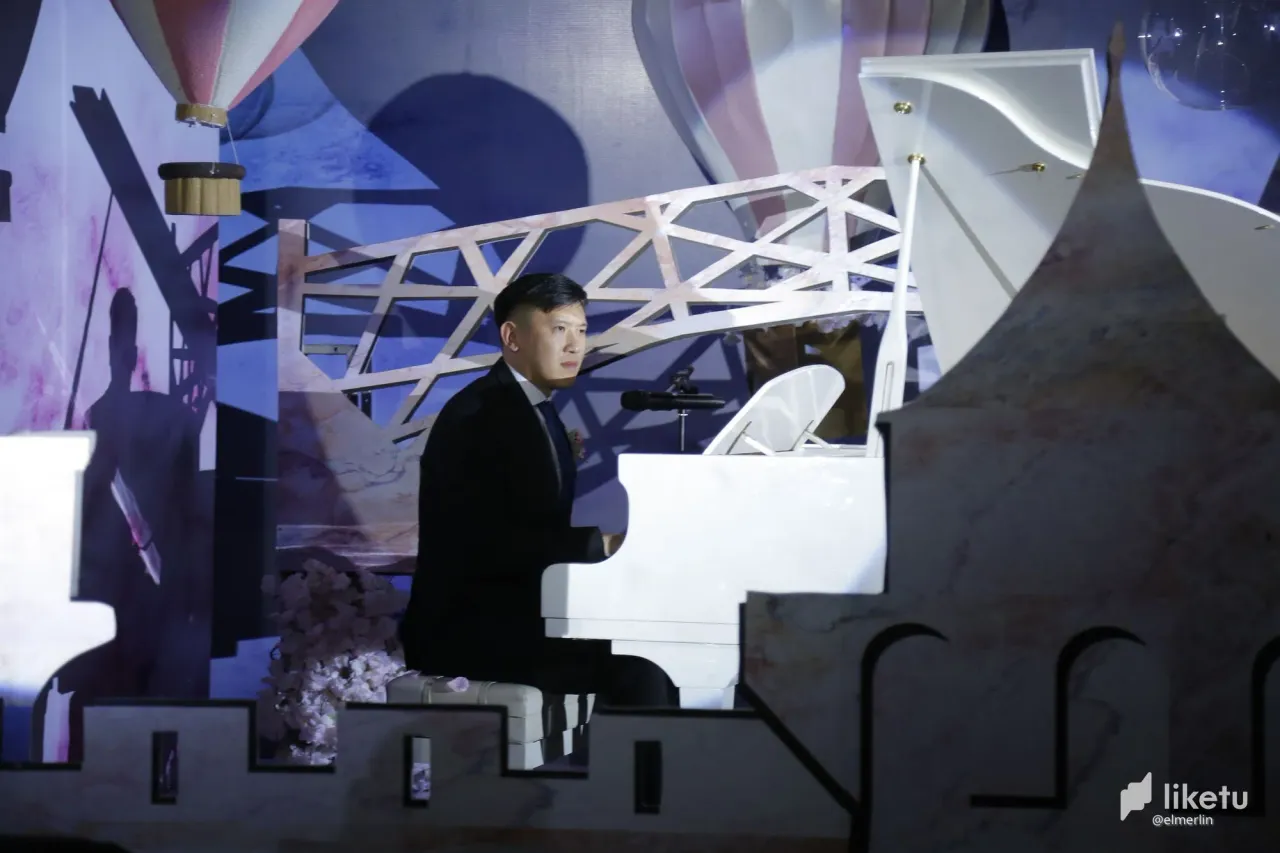

Things never turn out the way we think they will.
I'm not really fond of cliches. Especially ones of the bookworm asian with crazy skills on the piano. Unfortunately, that's exactly what I was growing up. I studied hard, got good grades, went to a good university, and was a prodigious piano player.
In the UK, we have a grading system, 1 for the lowest, and 8 the highest. I was Grade 8 on the piano by the age of 12, and I was banging out the Chopin, the Rachmaninoffs like another Lang Lang to the awe of the kids around me still playing chopsticks.
In another 4 years, I would get my first Diploma in Performance and was seriously thinking of a career as a musician. So what stopped me?
Asian parents want their kids to be good at instruments for the wrong reason.
The same asian parents who got me into playing piano in the first place, refused to support my wishes to take a music career. The kick in the teeth in all of this is, that asian parents want you to be good at a musical instrument because it adds to your extracurricular prowess. Coming from a family of academics (PhD from Cambridge), the pressure for excellence was unwavering. To my parents, being good at a musical instrument was not about cultivating an interest for life long fulfilment, but instead, an impressive extracurricular achievement to help with getting into a top university.
I was heart broken to not receive the support of my parents and ended up listening to them about the importance of finding a secure career. One that didn't involve potentially living gig to gig or even meal to meal. I studied Computer Science instead.
What did I learn from all this?
It turns out that my parents were probably right. Being a prodigy as an adolescent does not guarantee success as an adult. It is even less likely when the industry only really rewards the very best - something I don't think I could end up ever being - unless I practiced until my hands bled.
I decided that I would keep playing for fun, and start to venture into more popular music as well as singing. Playing and singing is so much fun, and requires a completely different set of skills to a classically trained pianist. I learned how to play songs from ear, and not be a rigid regurgitator of notes on a sheet of paper. I learned how to improvise, and play non monotonic sounding instrumentals whilst singing my favourite songs. I even learned Chinese through learning songs in Chinese that I would like to play and sing.
In the end, the decision to listen to my parents yielded unexpected results, but results I have come to appreciate more and more as I age.
Fortune in unexpected circumstances.
In Chinese, we have a saying that is 塞翁失馬焉知非福 (Sai weng Shi ma, Yan zhi Fei fu). It is the story of a man (Sai weng) who lost his horse, only to see it return one day with another one. His son fell in love with the new horse and rode it every day until he had an accident resulting in a broken leg. The man's neighbours said how unfortunate he was to meet such circumstances, the boy will never walk again! Sai weng was upbeat and responded that maybe there is good in all of this, sure enough, his son was excluded from military conscription because of his legs and this saved his son from fighting and likely dying - A blessing in disguise!
